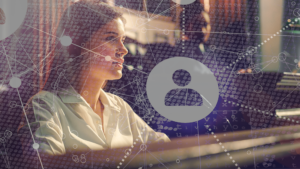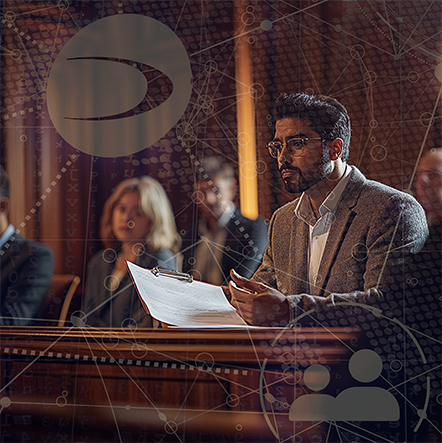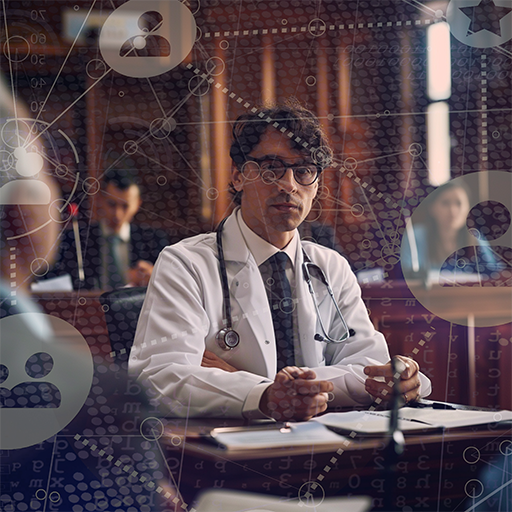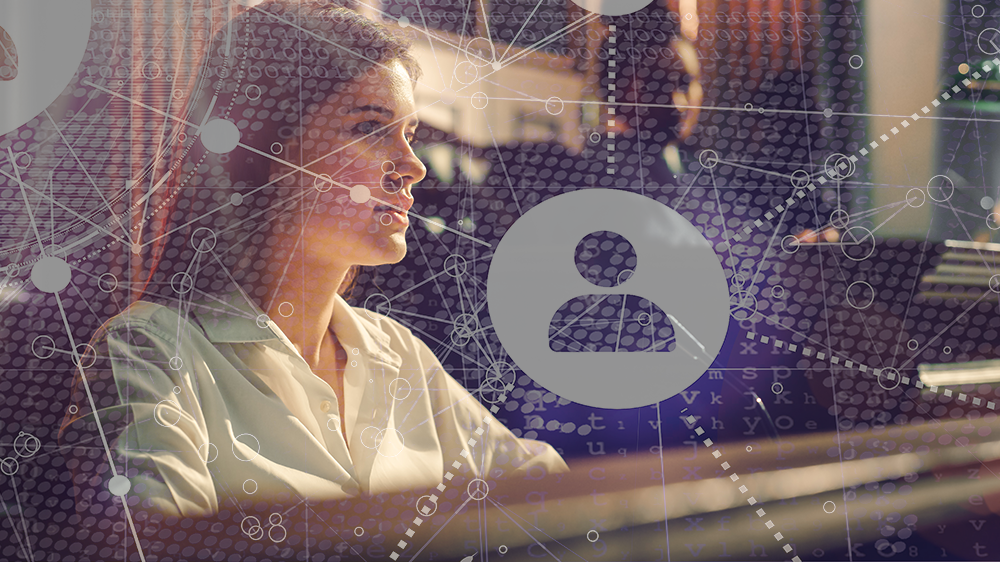The Importance of Expert Witnesses in Legal Proceedings
Expert witnesses play an important role in the United States legal system, particularly in cases involving complex technical or scientific matters. Their knowledge provides judges and juries with critical information to make well-informed decisions. Without their insights, courts would struggle to handle many complicated cases effectively. This article covers The Importance of Expert Witnesses, including how they clarify complex issues, assist in legal strategy, and meet essential legal requirements.
The Importance of Expert Witnesses
In legal proceedings, expert witnesses serve a unique role. They bridge the gap between specialized fields of knowledge and the general understanding of judges and juries. Their testimony clarifies the facts of a case and helps maintain the fairness of the legal process. This blog will explore various facets of their involvement, including clarifying complex concepts, influencing case outcomes, and meeting legal standards.
Clarifying Complex Concepts
Legal cases often involve technical, scientific, or highly specialized topics beyond the average person’s expertise. Expert witnesses step in to clarify these matters.
Bridging Knowledge Gaps
An expert witness can take complex jargon and explain it in simple, understandable terms.
For example, in a medical malpractice case, a healthcare expert describes a surgical procedure, enabling the jury to determine whether the healthcare worker in question followed the standard of care.
This ability to simplify complex topics ensures that judges and juries base legal decisions on an accurate understanding of the evidence.
Enhancing Decision-Making
Expert witnesses empower courts to make informed decisions by breaking down technical concepts. Without their input, there is a greater risk of misunderstanding key evidence. Their testimony provides the necessary context for evaluating complex data, making the legal process more efficient and accurate.
Establishing Standards of Care
In medical malpractice cases and similar fields, the standard of care is often central to the dispute.
Defining Standards in Medical Malpractice Cases
Expert witnesses critically determine whether a professional standard of care was met. For instance, a doctor might testify about accepted medical protocols in a medical malpractice case, explaining whether the defendant adhered to them. This is crucial in determining liability.
Professional Opinions that Matter
Expert witnesses offer insights based on professional experience and established industry standards. For example, a healthcare expert might explain whether a deviation from standard medical practice caused harm to the plaintiff. This impartial and professional opinion can be decisive in court rulings.
Evaluating Evidence with Expertise
In cases requiring specialized knowledge, experts are critical for evaluating and interpreting evidence. Whether it’s analyzing accident reconstruction data or reviewing financial records, their expertise is invaluable.
Interpreting Technical Data
Expert witnesses possess the technical skills to analyze complex data that lay witnesses cannot interpret. For instance, an accident reconstruction expert can assess skid marks, vehicle speeds, and road conditions to determine fault in a traffic accident.
Ensuring Accurate Conclusions
Through their careful examination, expert witnesses provide conclusions based on scientific analysis. Their expertise presents and clarifies the evidence, leading to more accurate legal decisions.
The Role of Expert Witnesses in Legal Strategy
In addition to providing technical knowledge, expert witnesses play a crucial role in forming a legal strategy. Attorneys often rely on their testimony to strengthen arguments, address weaknesses, and prepare for opposing counsel’s strategies.
Strengthening the Legal Case
Expert witnesses help attorneys develop stronger arguments by offering credible, professional opinions. For example, in a construction dispute, an engineering expert might testify on structural failures, enabling the legal team to build a robust argument around technical data.
Predicting Opposing Experts
Experienced experts can anticipate what opposing expert witnesses might argue. This insight allows legal teams to refine their approach, counter opposing arguments, and present a more compelling case.
Influencing Case Outcomes
The testimony of an expert witness could be a deciding factor in a lawsuit. Their specialized knowledge carries significant weight in court, especially in technical cases.
Professional Testimony Matters
Courts often give substantial weight to expert opinions. For example, an expert in DNA analysis might testify in a criminal case, providing essential clarity about forensic evidence that can heavily influence the jury’s decision.
Creating a Stronger Legal Argument
Lawyers frequently use expert testimony to support their case. A well-prepared expert can present complex information in a clear, convincing manner, helping to persuade the judge or jury.
Addressing Misconceptions and Cognitive Biases
Jurors and legal professionals sometimes carry misconceptions or biases about specific topics. Expert witnesses can correct these misunderstandings, ensuring decisions are made based on accurate information.
Countering Cognitive Biases
Cognitive biases, such as preconceived notions or oversimplifications, can influence legal outcomes. Expert witnesses provide objective, fact-based information that challenges these biases, ensuring a fairer trial.
Dispelling Common Misunderstandings
In cases involving highly technical fields, misunderstandings can lead to flawed verdicts. For instance, an expert witness in forensic science might explain the limitations of DNA testing, ensuring the jury doesn’t make assumptions based on media portrayals.
Meeting Legal Requirements
In some legal cases, expert testimony is not optional but mandatory. Many jurisdictions require experts to validate specific types of evidence or claims, particularly in specialized fields such as medical malpractice.
Essential for Case Validity
In certain cases, like medical malpractice, the court may require expert testimony to prove that a case has merit before it can proceed. Without an expert validating the claims, the court could dismiss a lawsuit at an early stage.
Ensuring Legal Compliance
Legal teams must ensure they meet these requirements by selecting qualified expert witnesses. Their testimony not only strengthens the case but also ensures that all legal bases are covered, avoiding procedural challenges.
Legal Standards for Admissibility of Expert Testimony
The court must verify that expert witness testimony meets stringent legal standards before admitting it. Two primary tests for admissibility in the United States are the Daubert Test and the Frye Standard.
The Daubert Test
The Daubert Test requires expert testimony to be both relevant and reliable. This test ensures that the methodology behind the expert’s opinion is scientifically valid. To pass the Daubert test, the expert’s testimony must:
- Be based on sufficient facts or data.
- Use reliable principles and methods.
- Properly apply those principles and methods to the case facts.
The Frye Standard
The Frye Standard applies to certain jurisdictions and focuses on whether the expert’s methods are “generally accepted” within their field. Courts using this standard will consider whether the expert’s approach has been widely endorsed by the relevant scientific community.
Why Expert Witnesses Matter in Complex Cases
In complex cases involving specialized knowledge, the role of expert witnesses is crucial. Their ability to break down technical topics, meet legal standards, and provide impartial analysis is invaluable.
Case Example: Financial Fraud
In a financial fraud case, a forensic accountant expert witness might analyze financial records to uncover discrepancies. Their testimony can provide clear, detailed explanations of the fraudulent activities, guiding the court toward a fair outcome.
Case Example: Engineering Dispute
In an engineering dispute, an expert might explain why a structural failure occurred by analyzing blueprints, materials, and safety reports, providing crucial insights into the cause of the issue.
Conclusion: The Critical Role of Expert Witnesses
Expert witnesses are essential to the legal process. Their contributions go beyond simplifying complex issues—they help establish legal standards, provide objective analysis, and meet court requirements. The Importance of Expert Witnesses cannot be overemphasized, especially in technical, scientific, or specialized knowledge cases. They empower courts to make informed decisions, shaping the outcomes of complex legal disputes.
Their impartial testimony corrects misconceptions, accurately interprets evidence, and strengthens legal strategies. Whether it’s ensuring compliance with the Daubert test or influencing the outcome of a medical malpractice lawsuit, expert witnesses are indispensable in pursuing justice.
Read more:
- National Institute of Justice | Reasons to Appoint an Expert Witness
- Legal Information Institute | Expert Testimony

Are you an expert?
Join a thriving community of over 15,000 experts at Expertinfo.com, where your knowledge is valued and your expertise makes a difference. With 40 years of experience in connecting experts like you with attorneys who need your specialized skills, we’re dedicated to facilitating successful collaborations. Don’t miss the opportunity to impact critical legal cases and expand your professional network. Reach out today and become part of our extensive database of leading experts. Your expertise isn’t just needed—it’s essential. Connect with us now and start making a difference!







